When navigating the home-buying process, understanding an FHA appraisal vs. home inspection is crucial—especially for buyers utilizing a 203(k) loan. While both inspections and appraisals are vital steps, they serve entirely different purposes.
This article will delve into the key differences, their roles in the 203(k) loan process, and complementary roles of an FHA appraisal and a home inspection. Let’s dive in!
What is a 203(k) Loan and Why Does It Matter?
A 203(k) loan is a type of FHA-backed mortgage designed to help buyers purchase and renovate properties that require repairs. Unlike traditional loans, it combines the cost of the property with the estimated renovation expenses into a single mortgage. This makes it an attractive option for buyers looking to transform a fixer-upper into their dream home.
To approve a 203(k) loan, lenders require both an appraisal and, although not mandatory, a home inspection is strongly recommended by the FHA. Now, let’s discuss these two terms and their differences.
The Role of an Appraisal in the 203(k) Loan Process
An appraisal is mandatory for both Standard and Limited 203(k) loans. It determines the property’s value, ensuring it supports the loan amount. The appraiser evaluates the property based on the following:
- The purchase price of the home.
- The proposed renovations outlined in the Certified 203(k) Contractor’s detailed cost estimate.
How Appraisals Work:
Before you get the loan, an FHA consultant inspects the house. The appraiser uses the FHA consultant’s report to factor in the property’s value after repairs (commonly referred to as the After-Repair Value or ARV). They also see if the property meets the FHA guidelines. Occasionally, appraisers may identify Minimum Property Standards (MPS) issues according to the FHA guidelines that need correction before the loan is approved. These might include safety hazards or code violations.
Remember, an appraisal is not a pass-or-fail scenario. Instead, it is a risk assessment tool for lenders to determine whether the mortgage is a sound investment. However, an appraisal can get the buyer into trouble if it comes in low. That’s where inspections come in to help. Home inspections can uncover issues that affect the After-Repair Value (ARV), allowing the buyer to act before the appraisal impacts the loan. Let’s see how!
The Role of a Home Inspection
Unlike an appraisal, a home inspection is NOT mandatory for a 203(k) loan but is highly recommended by the FHA. A home inspection provides a detailed evaluation of the property’s condition, from the foundation to the roof. Home inspectors examine the structure, roof, plumbing, electrical systems, and appliances. They provide a detailed report on the home’s condition and identify potential repairs needed.
Key Features of a Home Inspection:
- It gives buyers an in-depth look at the property’s structural and mechanical systems.
- The inspector identifies potential issues like faulty wiring, plumbing leaks, or roof damage.
- Buyers can use the inspection report to negotiate repairs with the seller or back out of the deal if major issues arise.
A home inspection is not about property valuation; it’s about understanding the property’s physical condition and what it might cost to repair or maintain it. Addressing findings early can improve the appraisal outcome and help negotiate with the seller
FHA Appraisal vs. Home Inspection: Understanding the Differences
When comparing a FHA appraisal vs. home inspection, it’s important to recognize their unique roles. Let’s break down the key distinctions:
|
Feature |
FHA Appraisal |
Home Inspection |
|
Purpose |
Determines the property’s market value |
Evaluates the property’s condition |
|
Who Requires It? |
Mandatory for lenders |
Optional but recommended for buyers |
|
Focus |
Value and compliance with FHA guidelines |
Structural integrity and mechanical systems |
|
Performed By |
Licensed appraiser |
Certified home inspector |
|
Outcome |
Used by lender to approve the loan amount |
Provides buyer with property condition details |
|
Cost |
$300-$500 |
$300-$700 |
Common Misconceptions About FHA Appraisal vs. Home Inspection
- “An Appraisal Is Like a Home Inspection”
Not true. An appraisal is a quick assessment primarily for the lender’s benefit, while a home inspection provides a comprehensive evaluation for the buyer.
- “Both Are Pass-or-Fail”
Neither an appraisal nor an inspection is about passing or failing. An appraisal determines value, while an inspection highlights potential issues.
- “The FHA Takes Responsibility for Repairs”
Buyers often mistake FHA-required repairs identified in the appraisal for a guarantee of quality. However, the FHA makes it clear that buyers are ultimately responsible for knowing the property’s condition through independent inspections.
Why Both Are Important for 203(k) Loan Buyers
Appraisal: Safeguarding the Loan
The appraisal ensures that the lender isn’t financing more than the property’s worth, including its post-renovation value. It also confirms the renovation scope is realistic and aligned with the FHA’s guidelines.
Home Inspection: Educating the Buyer
An inspection informs the buyer about the property’s true condition. It’s especially critical for 203(k) loan buyers, as it helps ensure no surprises during renovations. For instance, hidden plumbing issues could escalate costs and outdated electrical systems might not handle modern appliances.
Example Scenario: Their Complementary Role
When you’re buying a home with a 203(k) loan, the appraisal and home inspection serve very different but equally important purposes. Let’s say you’re buying a house for $200,000 and planning $50,000 in renovations, expecting the appraiser to value the property at $250,000 after repairs. But then the appraiser determines the after-repair value (ARV) is only $240,000, which lowers the amount your lender will approve for the loan. Now, here’s where a home inspection could have made a big difference. If you had a home inspection before the appraisal, it might have uncovered a significant issue, like a deteriorating foundation. That’s a costly repair that needs to be addressed—and knowing about it beforehand would’ve put you in a better negotiating position with the seller.
With that information in hand, you could have approached the seller and said, “This foundation issue is a big deal, and it’s going to impact the appraisal and my renovation plans.” From there, you could negotiate for the seller to lower the purchase price or fix the foundation before closing. If the seller agreed, the reduced price or completed repair might have brought the appraised value closer to your expectations, ensuring the loan amount covers the cost. Alternatively, you could have used the inspection findings to persuade the seller to pay the appraisal gap, ensuring you’re not stuck covering the extra costs. By combining the power of a detailed inspection and an appraisal, you’re better prepared to avoid unexpected surprises and keep the deal on track financially.
FHA Recommendations for Buyers
The FHA strongly advises buyers to conduct independent home inspections, emphasizing:
- Responsibility: Buyers must accept full responsibility for their property’s condition after purchase.
- Education: Inspections offer invaluable insights into repair needs and ongoing maintenance.
Key Takeaways for 203(k) Loan Buyers
- Understand the Purpose of Each:
Appraisals assess value and loan risk for the lender, while inspections protect the buyer by identifying potential issues.
- Invest in a Home Inspection:
Though optional, it’s a small price to pay for peace of mind, especially for properties requiring extensive renovations.
- Work with Certified Professionals:
For both appraisals and inspections, choose licensed experts to ensure accuracy and reliability.
Conclusion
Understanding the FHA appraisal vs. home inspection can make or break your experience as a 203(k) loan buyer. Appraisals and inspections are two sides of the same coin in the 203(k) loan process. While the appraisal secures your financing by assessing the property’s value, the inspection protects your investment by identifying potential pitfalls. Together, they give buyers and lenders the clarity needed to make sound financial decisions.
If you’re considering a 203(k) loan, your key to success is having an experienced 203(k) contractor by your side. That’s where we can help you. Contact us for 203(k) renovations in Philadelphia and South Jersey. Don’t worry about either appraisal or home inspection! We guide you every step of the way. Contact us today!

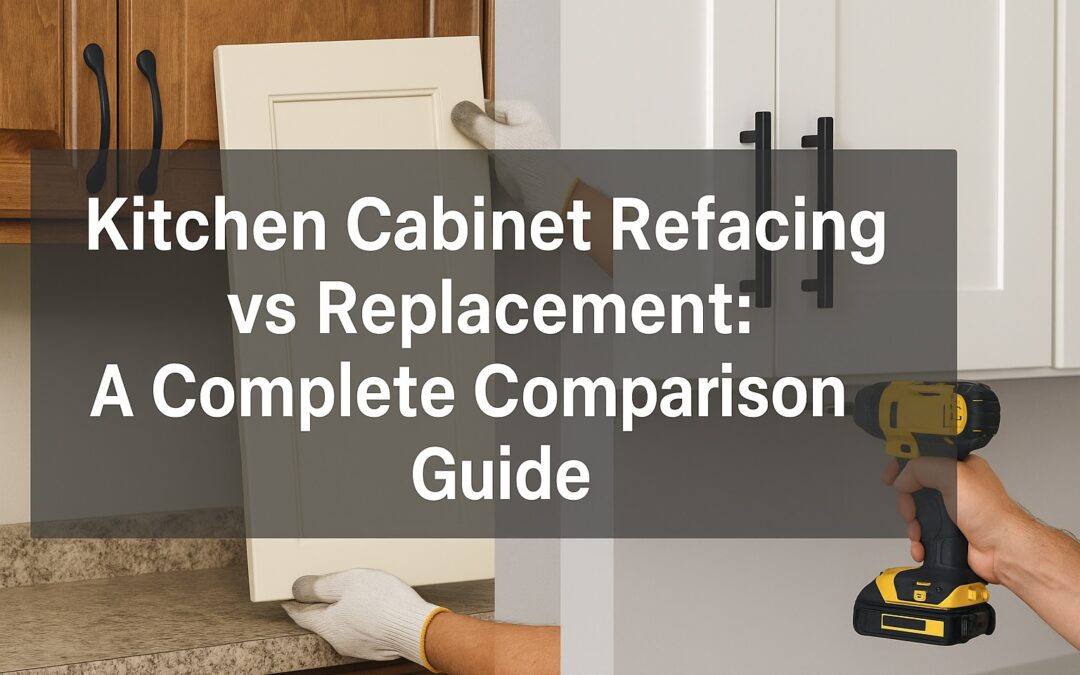
![Philadelphia Sump Pump Installation Requirements [2025 Guide]](https://matrixgc.com/wp-content/uploads/2025/06/Philadelphia-Sump-Pump-Installation-Requirements-2025-Guide.png)
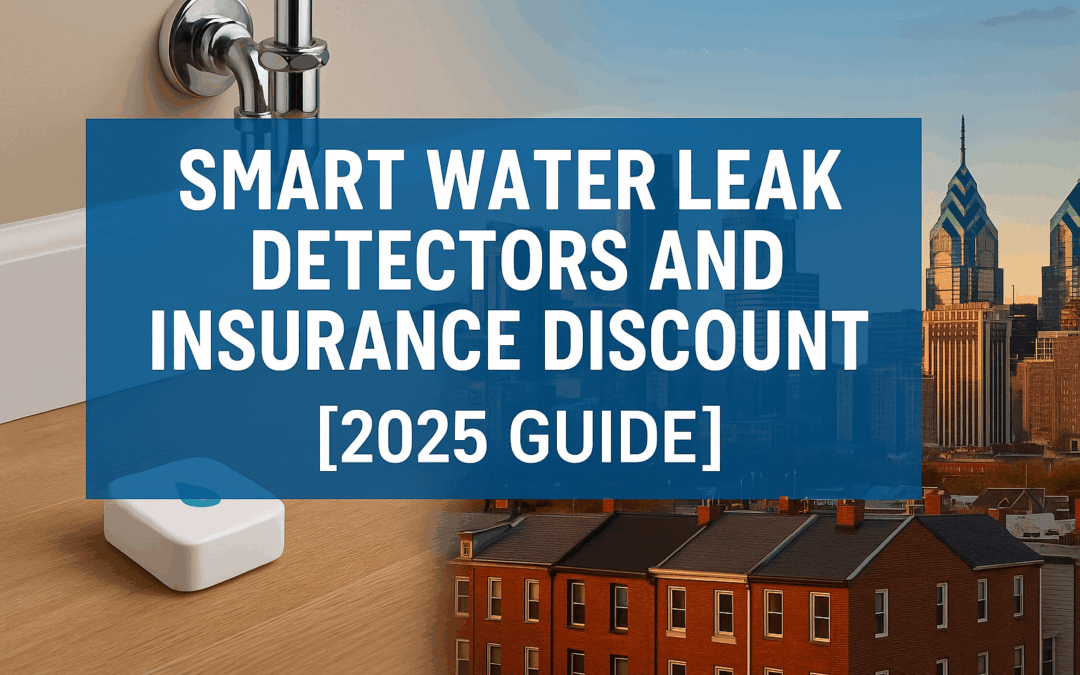
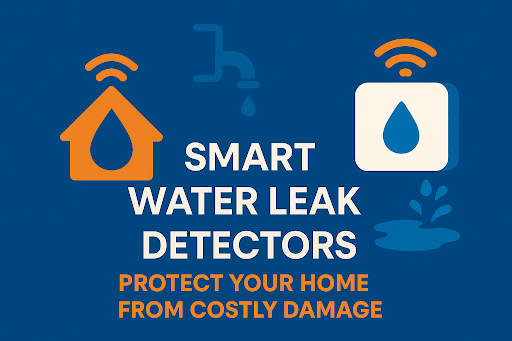
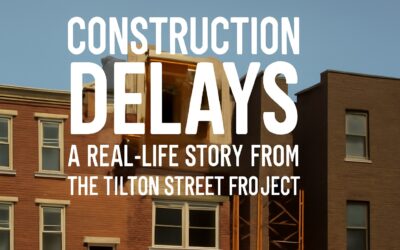
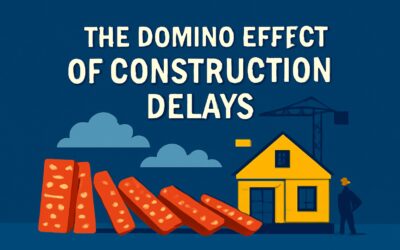
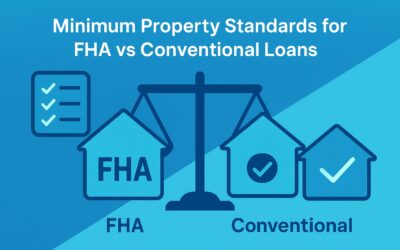
Very efficiently written article. It will be valuable to anyone who employess it, including yours truly :). Keep doing what you are doing – for sure i will check out more posts.